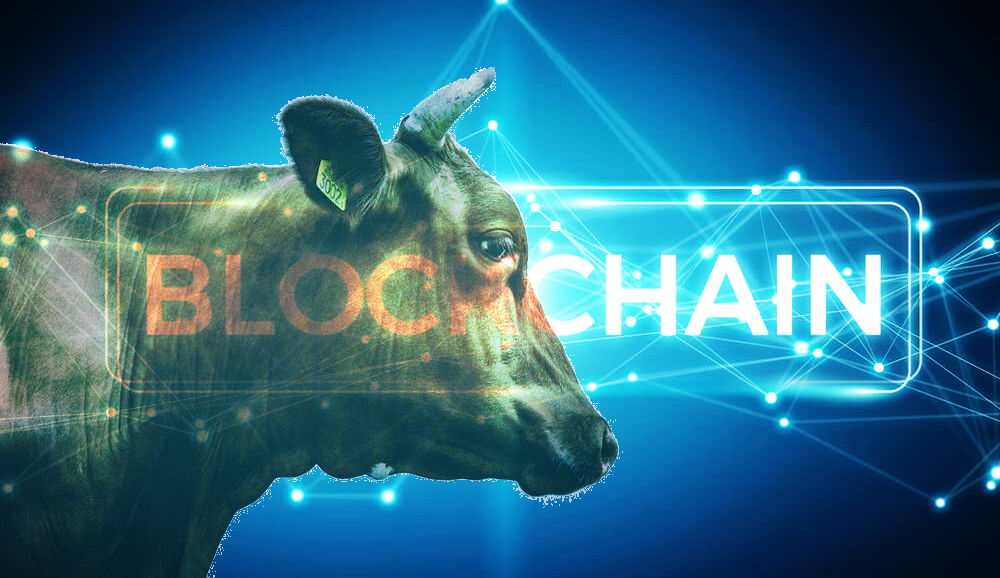Consumer Concern Over Food Safety Highlights Potential for Digital Assurance

Consumers are significantly more concerned about food safety than environmental considerations, according to DNV GL’s ViewPoint survey
A total of 4,500 consumers from across the globe were asked about their food purchasing habits and the results indicate a strong preference for factors impacting the individual consumer. Food safety (55% of respondents) and health issues (53%) were regarded more important than wider external factors, such as environment (38%) and social aspects (35%).
Wider issues such as the environment or social aspects, with the exception of waste and recycling, tend to be of less interest when consumers decide what to buy. While there are geographical differences, often influenced by local legislation, context or recent scandals, there seems to be less interest in issues such as reduced greenhouse gas emissions (10%), human rights (13%) and animal welfare (16%), for example.
“While food & beverage manufacturers and retailers may have invested considerably in protecting consumers, they are not 100% convinced that all products are safe to consume”
The survey highlighted:
Food safety is the primary concern for consumers: 85% trust branded products, 80% non-packaged products and 69% packaged unbranded products.
Consumers primarily want more information on food safety (55%) and health (53%). Trust in information from brands is high: 90% trust packaged branded products, while only 64% trust unbranded products.
Only 19% regularly use QR-codes but increases to 65% if perceived as access to product information on content and authenticity.
“Food safety is still top of the agenda for consumers. However, the survey results seem to indicate that while food & beverage manufacturers and retailers may have invested considerably in protecting consumers, they are not 100% convinced that all products are safe to consume,” says Joy Franks-Laing, Global Food & Beverage Manager in DNV GL-Business Assurance.
The survey highlighted a clear trust gap; unbranded packaged food (69%) did not carry the same weight of trust as branded goods (85%). However, there were indications that digital solutions – such as QR codes that show the individual history of a product – may offer a means to build trust. Only 19% of consumers use QR codes on packaging regularly but this would rise to 65% if it was perceived to offer insight into a product’s origin and verification of food safety standards being met.
Consumers are even willing to pay more for products that they trust. If the product information is verified or if the product or manufacturer is certified to a food safety standard, 69% are willing to pay more. Food safety certification is quite common at the manufacturer level. The survey suggests that there is a huge upside for the food industry in improving communication to consumers on food safety and other product characteristics.
“Blockchain-enabled digital assurance solutions such as DNV GL’s My Story helps companies track and share the true story behind its product. Access to product characteristics is instant through an engaging QR code label on the packaging. Letting consumer explore proof of food safety, origin and authenticity, for example, taking the mystery out of the product’s history, building consumer trust and confidence on the spot,” says Joy Franks-Laing.











